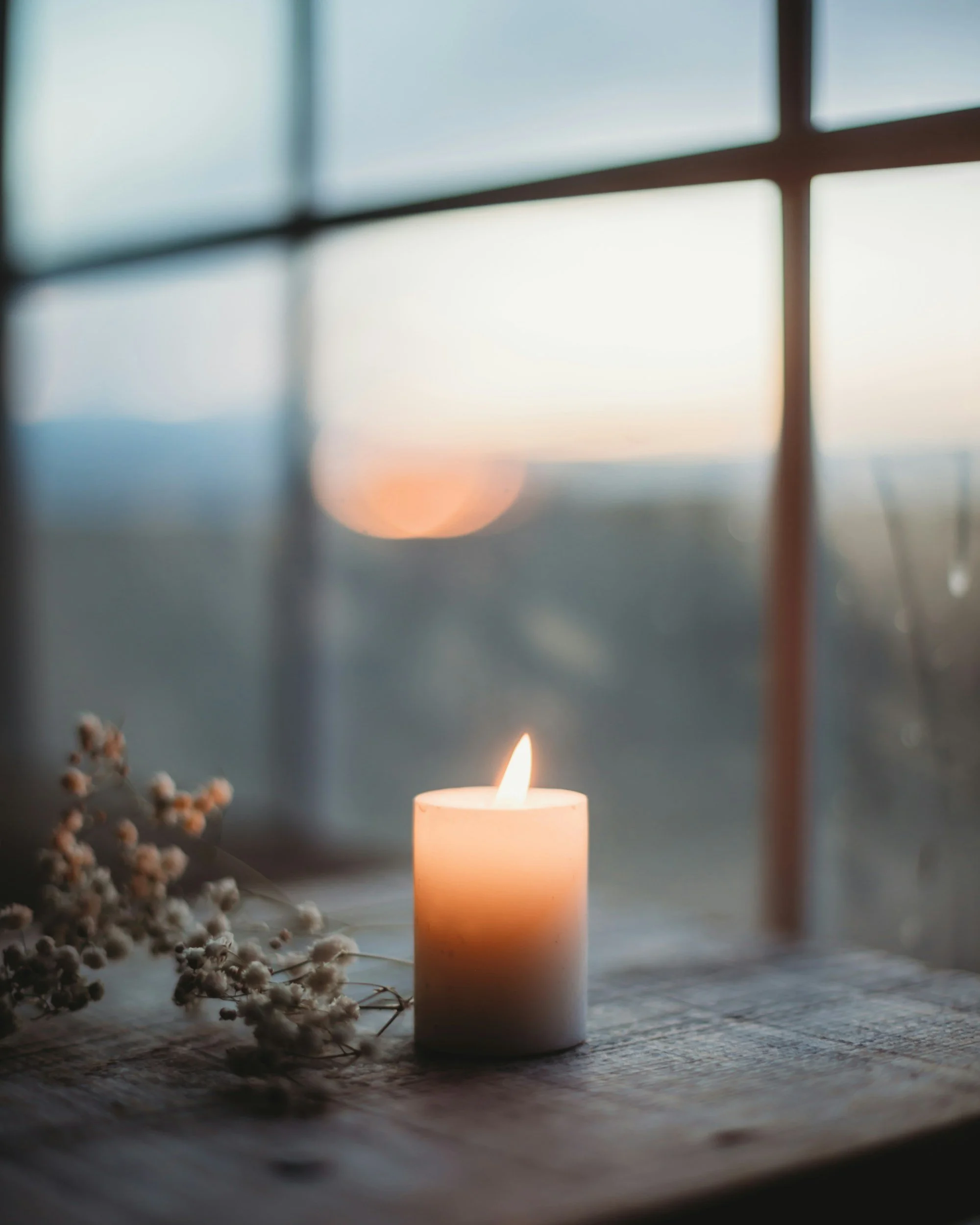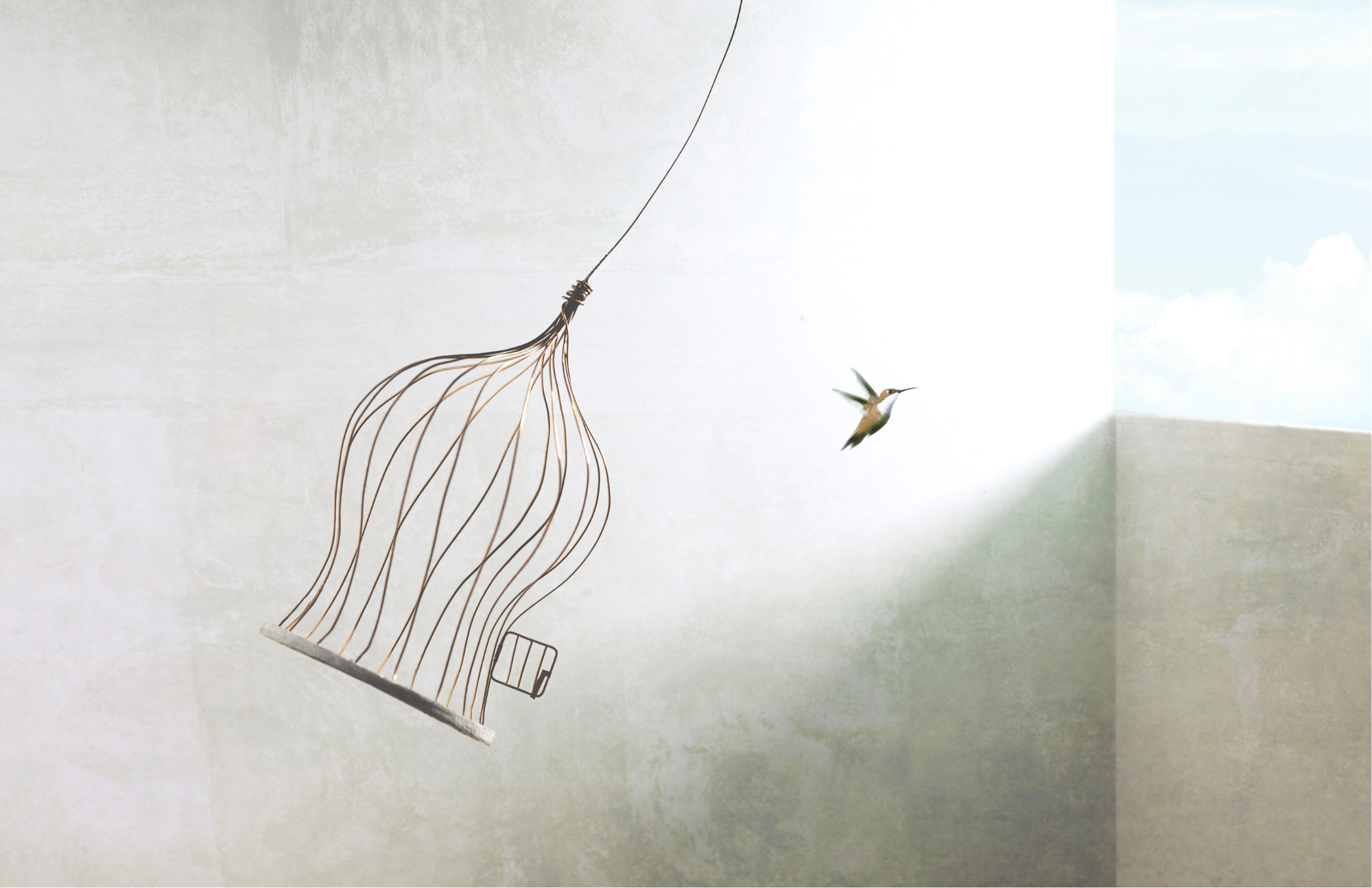
Resources

Resources for Your Healing Journey
Healing after narcissistic abuse is not a straight line. Some days you feel steady, other days the weight is heavy. Wherever you are right now, you are not alone. This page gathers resources you can turn to when you need support outside of one-to-one sessions.
My Book: The Lost Letters
My story of survival and recovery, written during one of the most difficult times of my life. Many women have told me it was the first time they felt their experience was truly reflected back to them.
FREE Printable Self-Care Journal
The workbook is designed to inspire you and give you new ideas and choices. I want it to be your go-to guide for seeing all the possibilities and opportunities in your life.
Helps you to cope
Self-care helps you to cope in the present moment when you're feeling overwhelmed or challenged. It helps you remain calm and purposeful when dealing with obstacles or difficulties.
Gives you a toolkit
Self-care can work as a toolkit when you need help after periods of stress or change in your life. Having a set of tools can help to restore and calm you.
Boosts physical health
Self-care can improve your physical health. Taking time for yourself and spending time being relaxed can improve your energy levels for physical activity and can prevent chronic stress from damaging your health.
Makes you more productive
Self-care will help you become more productive. By slowing down you'll be able to focus on what is actually important. As a result, you'll become more intentional with your time and therefore more productive.
Increases self-esteem
Taking time to focus on you and look after yourself will remind you how important you are. As you plan goals and reflect on your progress, you'll see how worthy you are. In turn, this will make you feel better about yourself and help you approach life in a more confident way. Ultimately, this all contributes to an increased sense of self-esteem.
Support Options
Hotlines
UK — National Domestic Abuse Helpline: 0808 2000 247
US — National Domestic Violence Hotline: 1-800-799-7233
Sweden — Kvinnofridslinjen 020 50 50 50
Elsewhere — Search “domestic abuse helpline” in your country; most nations have 24/7 numbers.
Online Survivor Communities
Peer groups on forums, Facebook, and Reddit.
Look for communities with strong moderation and clear rules for safety.
Local Women’s Support Centres
Many towns and cities have free services offering counseling, group support, or legal advice.
Helpful Voices
The Narcissist Apocalypse Podcast — survivor stories.
Flying Free with Natalie Hoffman — faith-leaning, but with broadly helpful content.
Patrick Teahan — shows us how childhood trauma from narcissistic parents can cause us to gravitate to narcissistic partners.
From Surviving to Thriving - Michele Lee Nieves Coaching ( I listened to her when I had no one to support me, she is also a survivor)
Practical Tools
Grounding exercises
4–4–4 breathing (in for 4, hold 4, out for 4, hold 4).
Name 5 things you see, 4 you can touch, 3 you hear, 2 you smell, 1 you taste.
Journaling prompts
“What do I know to be true about myself today?”
“Which lies from my abuser still echo inside me, and how can I challenge them?”
Gentle practices
Walking, stretching, or yoga.
Even a few minutes under the open sky to calm the body.
When You’re Ready
If you ever feel called to deeper support, you can return to my Support page. Until then, take what helps from here, and know that every small step forward matters.
With warmth,
Elizabeth Anne Carter